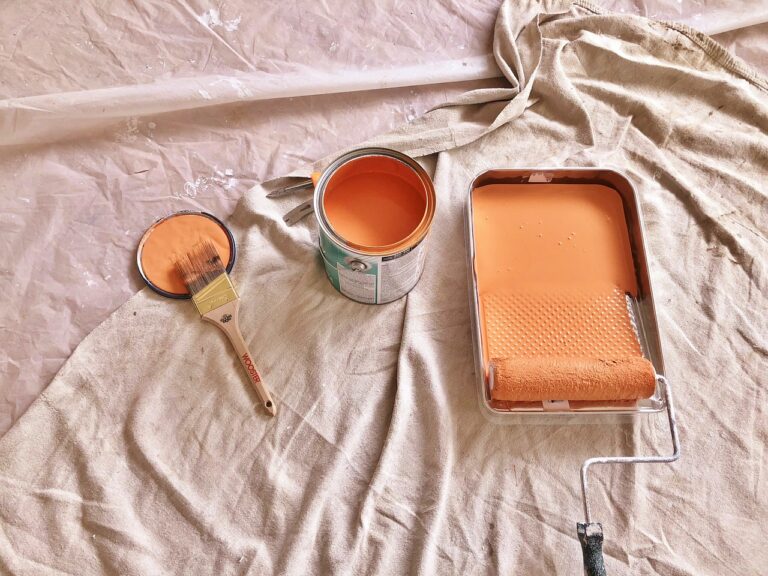The Impact of Sustainable Flooring in Home Improvement
Sustainable flooring offers numerous advantages for both homeowners and the environment. By opting for sustainable flooring options, individuals can reduce their carbon footprint and contribute to the preservation of natural resources. These eco-friendly flooring materials are often made from renewable resources, such as bamboo or cork, making them a more sustainable choice compared to traditional flooring options.
Furthermore, sustainable flooring is known for its durability and longevity, making it a cost-effective investment in the long run. With proper maintenance, sustainable flooring can withstand heavy foot traffic and remain in top condition for many years. Additionally, these flooring materials are often non-toxic and free from harmful chemicals, promoting a healthier indoor environment for occupants.
Types of Sustainable Flooring Options
Bamboo flooring is a popular choice for eco-conscious consumers due to its rapid renewal rate. Bamboo is a sustainable option as it grows much faster than traditional hardwood trees. Additionally, bamboo flooring is durable and resistant to moisture, making it suitable for a variety of living spaces.
Cork flooring is another sustainable option that comes from the bark of cork oak trees. By using the bark, the tree is not cut down, allowing it to continue to grow and thrive. Cork flooring is naturally resistant to mold, mildew, and pests, making it a great choice for those looking for a low-maintenance and environmentally friendly flooring option.
Environmental Impact of Sustainable Flooring
Sustainable flooring plays a crucial role in reducing the environmental impact of traditional flooring materials. By opting for sustainable flooring options, consumers contribute to preserving natural resources and minimizing waste generation. The use of eco-friendly materials, such as bamboo, cork, and reclaimed wood, helps in lowering carbon emissions and promoting a healthier indoor air quality.
Furthermore, sustainable flooring production processes emphasize energy efficiency and waste reduction, leading to a more eco-conscious industry. Manufacturers are increasingly incorporating sustainable practices into their operations, from sourcing materials responsibly to utilizing renewable energy sources. This holistic approach not only benefits the environment but also encourages a shift towards a more sustainable and conscious consumer behavior.
Sustainable flooring reduces environmental impact of traditional materials
Consumers contribute to preserving natural resources and minimizing waste generation
Eco-friendly materials like bamboo, cork, and reclaimed wood lower carbon emissions
Promotes healthier indoor air quality
Furthermore, sustainable flooring production processes emphasize energy efficiency and waste reduction, leading to a more eco-conscious industry. Manufacturers are increasingly incorporating sustainable practices into their operations, from sourcing materials responsibly to utilizing renewable energy sources. This holistic approach not only benefits the environment but also encourages a shift towards a more sustainable and conscious consumer behavior.
What are the benefits of sustainable flooring?
Sustainable flooring helps reduce environmental impact, promotes healthier indoor air quality, and supports the use of renewable resources.
What are some common types of sustainable flooring options?
Some common types of sustainable flooring options include bamboo, cork, reclaimed wood, linoleum, and recycled carpet.
How does sustainable flooring help reduce environmental impact?
Sustainable flooring materials are often made from renewable resources, require less energy and resources to produce, and have lower emissions of harmful chemicals.
Is sustainable flooring more expensive than traditional flooring options?
While the initial cost of sustainable flooring may be higher, it can save money in the long run through lower maintenance costs and improved energy efficiency.
How can I ensure that the sustainable flooring I choose is truly eco-friendly?
Look for certifications such as Forest Stewardship Council (FSC) or Green Seal to ensure that the flooring meets specific environmental standards. Additionally, research the manufacturing process and materials used.







